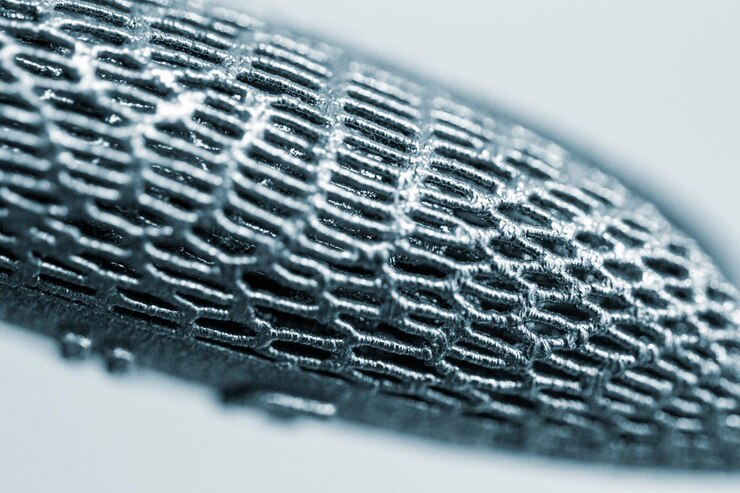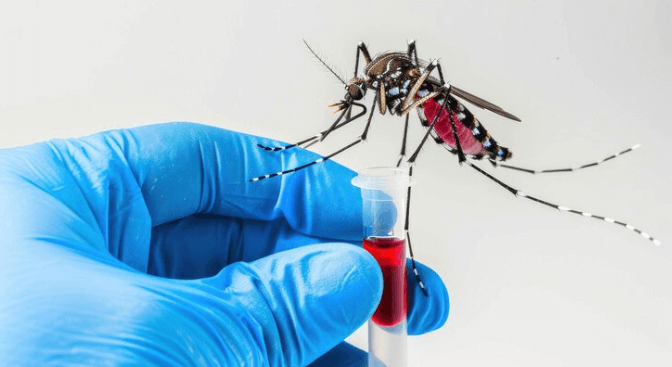UF membranes (ultrafiltration membranes) remain strategic leaders in sustainable water management in an ever-decreasing world of global resources. They are highly sophisticated filters with the capacity of purifying water for use in different areas such as industrial uses, and domestic water supply. This is especially true because worldwide water issues are resulting in great demand for efficient water management solutions. Among such solutions, quality membranes including UF are on the cutting edge of making the change by promoting water recycling, reducing wastage, and fulfilling global sustainable standards. Now let’s look at how UF membranes are aiding in these goals by changing the management of water resources.

What Are UF Membranes?
These membranes are filtration technologies that filter particles, bacteria, viruses, and organic matter from water. They work based on ultrafiltration by which water goes through a permeable membrane and leaves all the impurities behind. The outcome is clean, superior-quality water that is fit for use without waterborne illnesses causing bacteria or viruses. These fine- neglecting even the tiny particles in the fluid–quality membranes are widely adopted in industries such as water treatment, food processing, and medicine.
The Importance of Sustainable Water Management
Managing the water resource is not just a question of supply anymore but also one of equipping it for the future. As water usage rises, and more freshwater is consumed, industries and governments are striving to find ways of making water usage more efficient. Sustainable water management entails conservation of water, utilization of water contained in wastewater, and enhancement of water quality. In this respect, the use makes a direct contribution towards the achievement of these goals by minimizing dependence on fresh water. Consequently, they are gradually occupying a significant place in the framework of water saving, reduction of a negative impact on the environment, and achievement of the goals for using resources and preserving the earth.
How UF Membranes Support Water Recycling
One of the primary ways membranes contribute to sustainable water management is through water recycling. Reusing water implies that the water has to be treated to fit for use in different applications including in irrigation, industrial applications, or for drinking. Quality membranes used in ultrafiltration systems are highly effective in purifying wastewater, allowing it to be recycled and reducing the demand for fresh water. Here’s how membranes are transforming water recycling:
- High-Quality Filtration: Membranes prevent wastewater from passing through them while allowing the passage of water and rejecting bacteria, viruses, and suspended solids. Such high filtration also brings out the fact that recycled water is safe for reuse.
- Reduced Need for Chemical Treatment: In contrast to conventional technologies where chemicals are used to chemically and physically filter water, the membranes depend on the physical process of filtration. The application of this approach not only increases the safety of the water recycling process it also minimizes the chances of emission of chemical pollution.
- Application Flexibility: The performance can be high when membranes of high quality are used, and this makes the recycled water suitable for different uses, including agriculture, industrial use, cooler, and some uses in the home. This flexibility will allow big-picture water conservation and decreased demand for fresh water.
Reducing Water Waste with Membranes
Lack of proper water management is a critical issue affecting industries that utilize a lot of water including manufacturing industries, power generating companies, and farming. Such methods of water treatment involve losses of a large proportion of the water resource due to inefficiencies in filtering systems. However, membranes are designed to effect a high level of water recovery hence reducing wastage. Here’s how membranes reduce water waste and support sustainable practices:
- High Water Recovery Rates: Membranes are capable of reaching efficiencies of up to 90 – 95% to the treated water, which is good. That high recovery rate helps cut the amount of water that is used in filtering while at the same time attaining the highest, amount of purified water.
- Minimal Backwashing Needs: Most conventional filtration techniques involve backwashing that results in loss of water. Hence, backwashing frequency is relatively low for membranes due to their relatively well-developed structure and high level of durability with the corresponding minimal wastage of water.
- Lower Operational Costs: The effectiveness not only preserves water but also helps those industries that are using it in their production line to cut down their large operational expenditures. Such cost-savings also motivate industries to adopt their best practices for sustainable development by reducing the costs of doing so.
Innovations in UF Membrane Technology
With technological advancements, membranes are becoming more efficient and accessible. Some innovations include:
1.Improved Durability: Newer quality membranes are more durable, making them cost-effective over the long term. This durability reduces replacement frequency and ensures that industries can rely on sustainable solutions for years to come.
2. Enhanced Filtration Precision: Advances in membrane technology allow for even more precise filtration, enabling the removal of smaller particles and impurities. This precision contributes to the high quality of water produced, ensuring it meets stringent safety standards.
3. Lower Energy Consumption: Modern UF membrane systems are designed to operate with minimal energy requirements. This energy efficiency further reduces the environmental footprint of water treatment processes, aligning with global goals for sustainable energy use.
Conclusion
As more industries recognize the importance of sustainable water management, the demand for high-performance UF membrane systems will continue to grow. Companies like Primem are leading the way in providing quality membranes that support efficient water recycling, reduce waste, and contribute to environmental conservation. By embracing innovative technologies and prioritizing sustainability, Primem empowers industries to meet their water management goals effectively. Through the membranes, Primem plays a pivotal role in helping industries and communities achieve sustainable water management and contribute to a cleaner, greener future.




